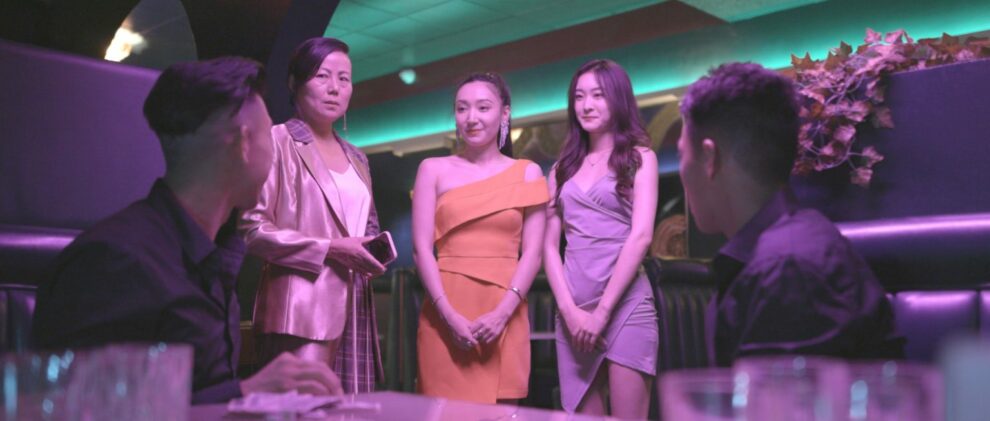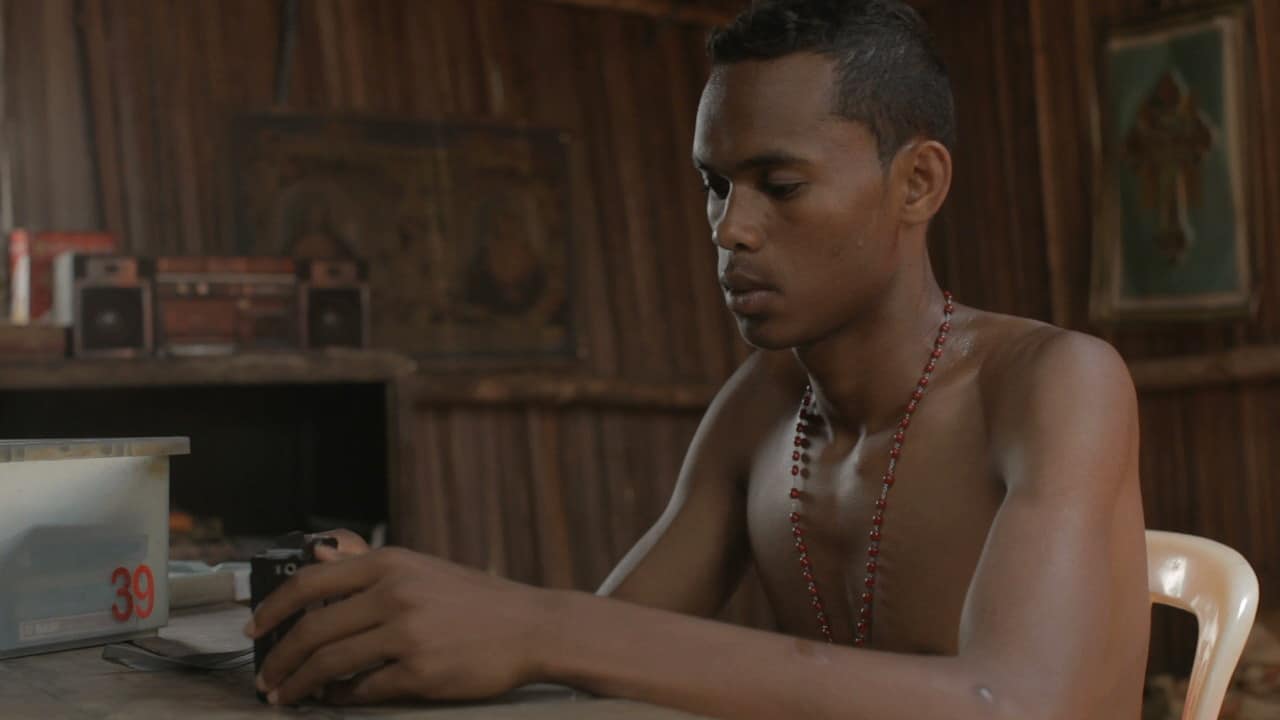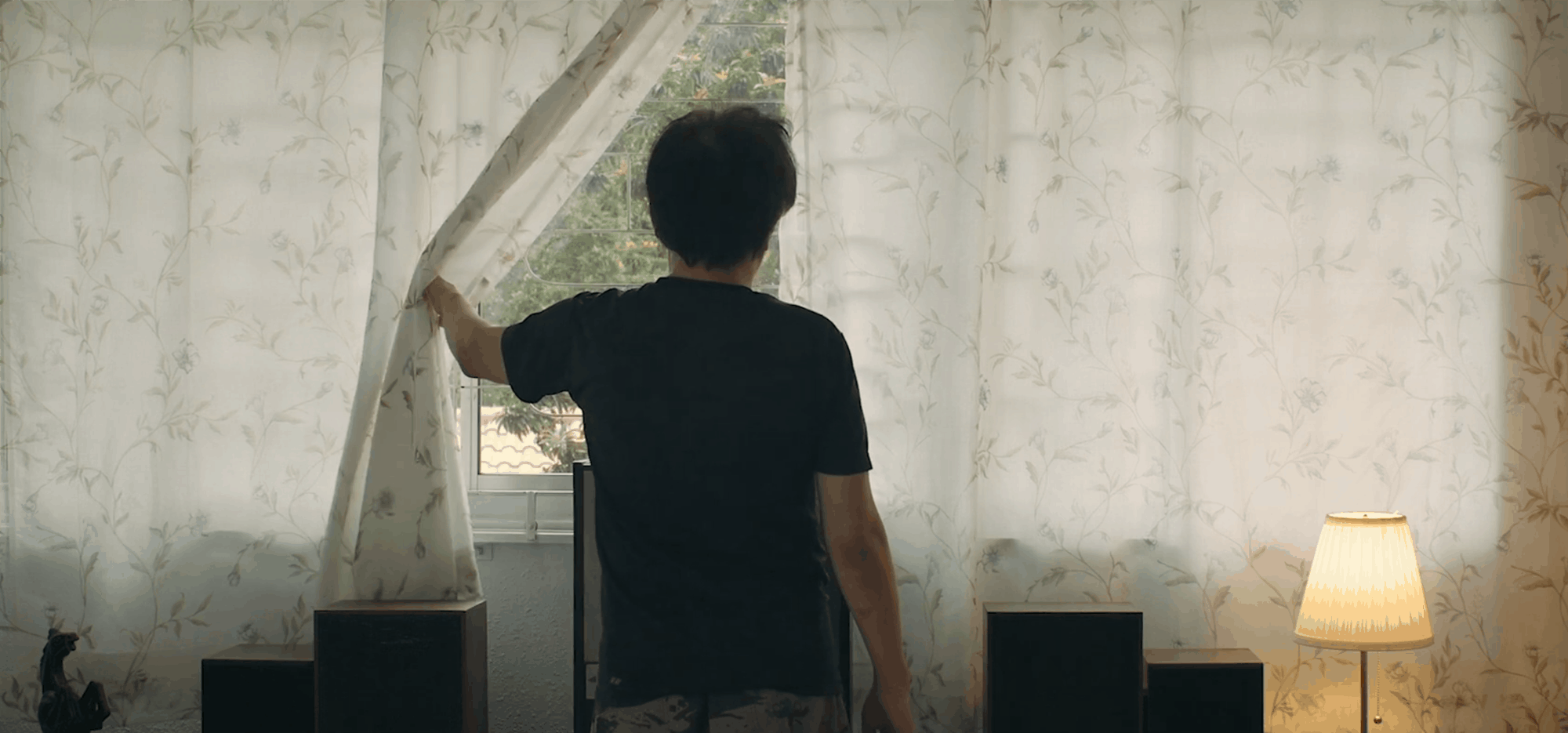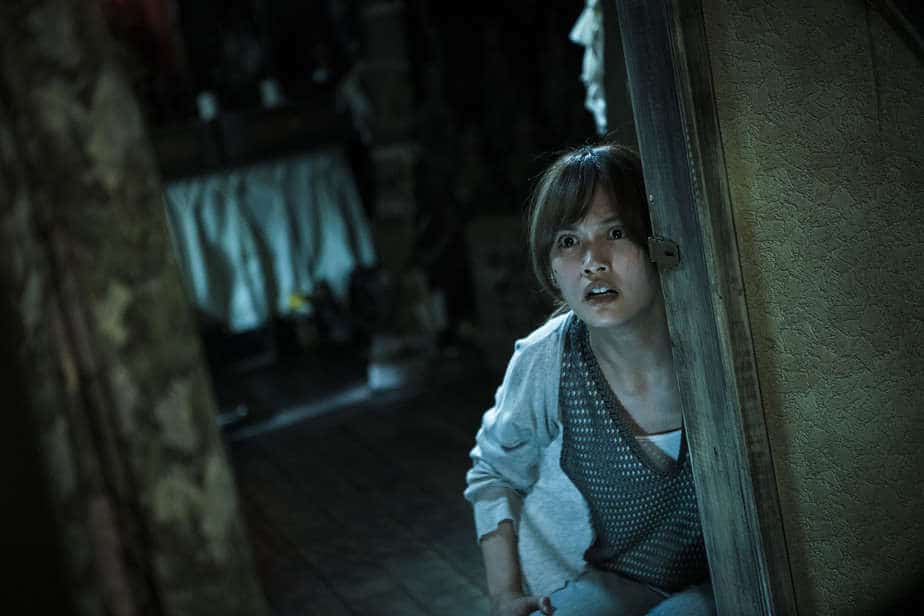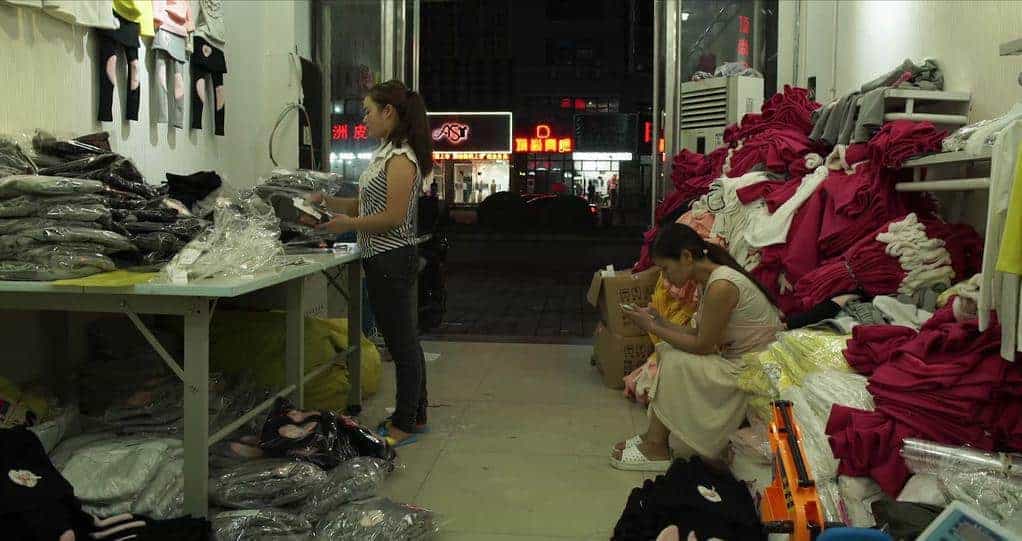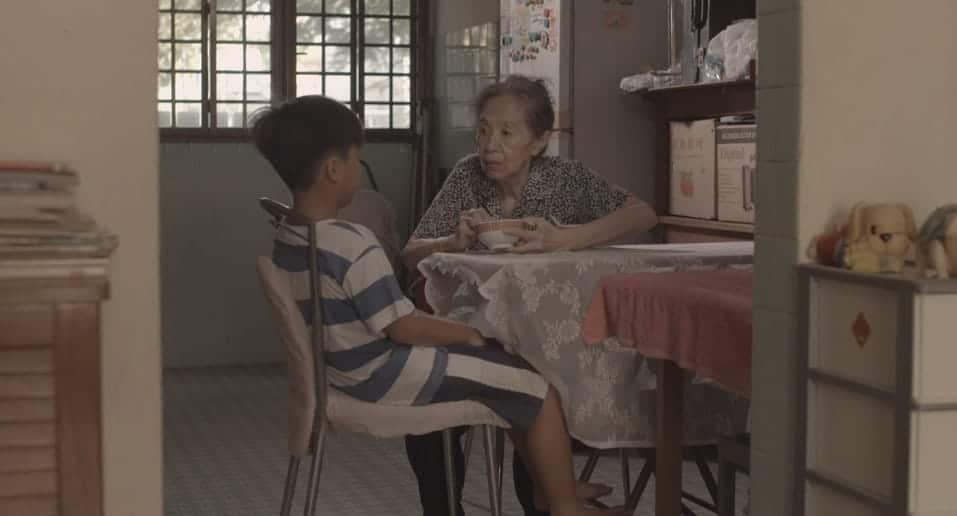The romantic movie is one of those genres that has been done to death for commercial reasons, essentially the equivalent of action for women in terms of popularity. As such, it is always interesting to watch a movie moving towards this direction but trying to do something differently. Ougie Pak presents such a film, by dealing with Asian Americans who work in a hostess bar.
The Oath of the Sword is screening at San Diego Asian Film Festival
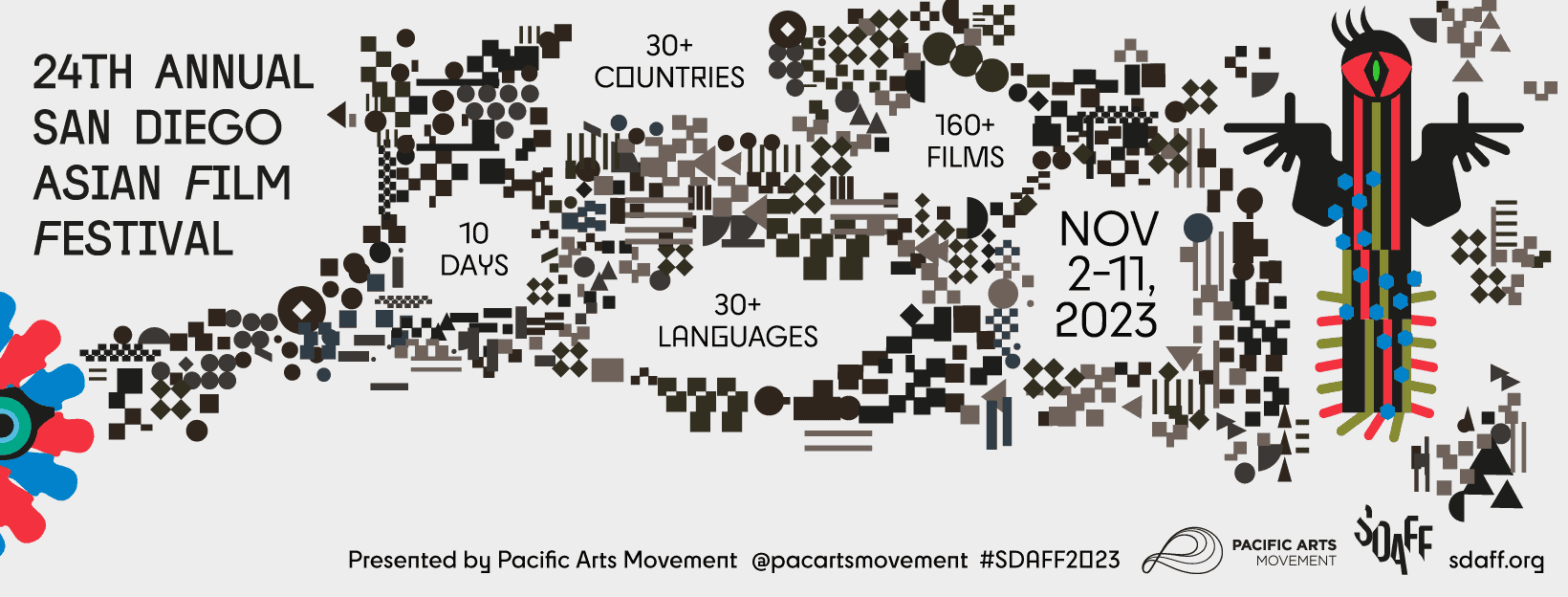
Kev is working in such a bar, essentially doing everything from bartending, driving the hostesses home and even cleaning the toilets when the shop closes. His bosses like him, and he is generally happy with his life, despite being single. When a newcomer, Kiki, however, comes into his life things change, with the girl openly flirting with him, essentially forcing him to break the sole rule of the club, regarding relationships between employees.
In the 50 minutes of the movie, Ougie Pak does not exactly reinvigorate the genre, but still manages to include a number of unique elements that make the movie stand out. The most evident one is that the frequently tiring ‘will-they, won't-they' is nowhere to be found, with both adults appearing as ones who know what they want and feel no reluctance in pursuing it. It is also here that the ‘twist' of the movie comes, through the aforementioned rule, as Kiki's rather cool ways eventually result in much frustration from Kev's part, with jealousy inevitably rearing its ugly head.
Check also this interview
Apart from this aspect, however, Pak makes some social comments, about another part of Asian-American life and another kind of dream, as we see the employees of the bar and particularly the girls essentially looking for a rich patron that will give them a chance for a better life. That they use sex (or a type of sexual approach let's say) to do so, and the fact that the bar essentially functions as an intermediate, making money in the meantime, emerges as a rather pragmatic comment, that shows another kind of aspect in AAPI's life in the US, very rarely appearing on cinema.
Yung-Jen Yang's cinematography fits the hostess club setting, but the too bright, too polished approach does become somewhat annoying after a fashion in the rest of the film, while some scenes, in combination with the music, do resemble a style of TV show/commercial. Kev Tai (also the script writer) is convincing as Kev and the same applies to Mona Arkin as Kiki. The tension scenes could have been handled a bit better by the actors, but in general, it is easy to say the whole thing works, to a point at least. Pak's own editing results in a relatively fast pace that suits the overall aesthetics, while the 50 minutes duration of the movie actually works well for the whole thing, considering the story here.
“Red Card” has its faults, cinematically in particular, but Ougie Park proves he knows how to tell his story and present his comments, which makes the whole thing definitely worth watching, also because in the particular duration, it definitely does not overextend its welcome.


